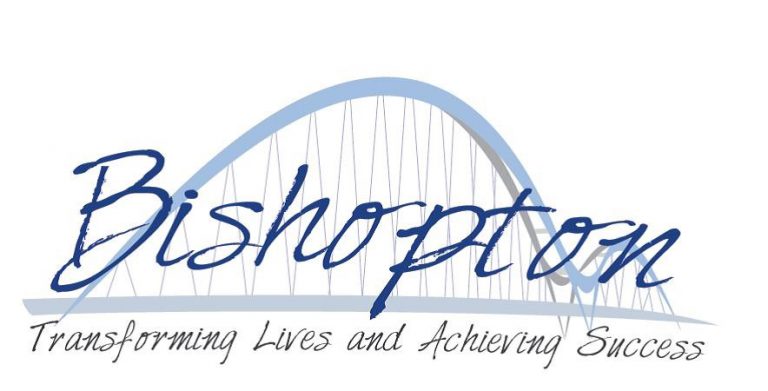History
Intent
The intent of our History curriculum is to deliver Schemes of Learning that are accessible to all and will maximise outcomes for every child. Through our curriculum, pupils will extend and deepen their chronologically and secure knowledge and understanding of British and world history. Pupils will be able to identify significant events, make connections, draw contrasts, and analyse trends within periods and over longer arcs of time. Through the development of key skills, pupils will be able to use historical terms and concepts in increasingly sophisticated ways. Pupils will understand how different types of historical sources are used and will be able to discern how and why contrasting arguments and interpretations of the past have been constructed.
History is not just about the knowledge of the past, but also develops the following key skills:
- Literacy and numeracy
- Collaborative working
- Analysis and evaluation
- Critical thinking
- Self-review and assessment
- Independent learning
We also aim to encourage pupils to have enquiring minds, with the ability to ask relevant questions and construct rational arguments, having looked at a range of evidence and views. This aspect of history is particularly important in the age of social media and the idea of ‘fake news’. Through history, we can give pupils the necessary tools to enable them to be well- informed about the information they are viewing and absorbing on a daily basis.
Impact
Jobs directly linked to history are sometimes difficult to find, but the following skills taught through history will open many doors:
- investigation and research techniques – collecting evidence and assessing how reliable, relevant or biased it may be
- analysing situations and events and identifying causes and effects
- the management and presentation of information
- the ability to argue a case
- writing skills
- the ability to think critically and form considered opinions on the basis of the evidence available.
These skills are required at all levels of employment. Jobs directly relating to history often require study at a higher level.
Implementation
Pupils from year 9 will be studying Entry Level Certificate in History and will inspire and engage students by providing a broad, coherent, satisfying and worthwhile course of study.
This qualification is designed so that it can be co-taught alongside GCSE (9-1) qualifications.
The course is split into three sections:
Thematic Study:
The People’s Health: to include responses to the Black Death, responses to the 1665 plague outbreak, responses to the Cholera epidemic and responses to Spanish influenza and AIDS
Period Study:
Germany 1925-1955: to include the Rise of the Nazis and reasons for Hitler becoming Chancellor, opposition to the Nazis and increased persecution of minorities, the Holocaust and Denazification.
The study of an Individual:
Biography: Produce a 150 word description of the individual.
Explanation: Produce a 250 word explanation of the importance of the individual over a period in history of at least fifty years.
